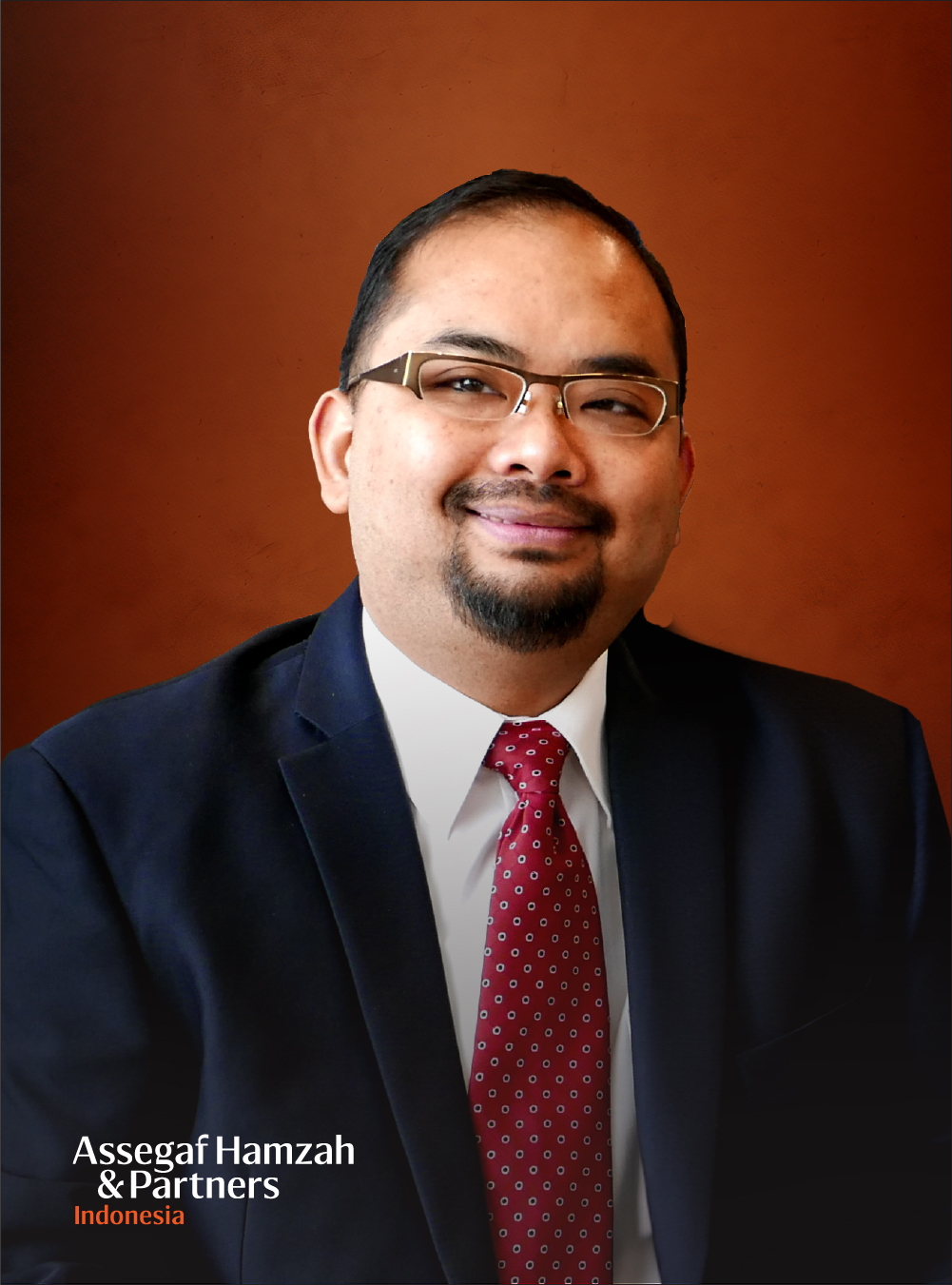Covid-19 Spurs the Government to Expedite Procurement of Goods/Services
Under Presidential Regulation No. 16 of 2018 on Procurement of Goods or Services, the government is allowed to expedite the procurement of goods and services in an emergency. The objective of this regulation is to ensure that the Indonesian public receive immediate protection. In the event that goods or services must be sourced from third party providers, the Regulation allows the government to bypass a tender and through the Commitment Making Officer (Pejabat Pembuat Komitmen), directly appoint a provider that is closest to the affected area or other qualified providers (local providers will receive a preference) that can provide similar goods/services.
In light of the Covid-19 outbreak, the government has issued Presidential Instruction No. 4 of 2020 on Refocusing Activities, Budget Reallocation and Procurement of Goods and Services to Accelerate the Handling of Covid-19. This instruction amplifies the requirement under the regulation and orders all government institutions to speed up the procurement of goods and services that are needed to handle Covid-19.
Procedure
Under the Regulation of the Government Procurement Policy Institute (“LKPP“) No. 13 of 2018 on Procurement of Goods or Services in an Emergency (“LKPP Regulation“), a procurement can be divided into three stages:
- Procurement planning
First, the government needs to identify the goods or services needed, analyse the available resources and then determine the procurement methods.
- Execution of the procurement
Once the government completes the first step, it will issue an appointment letter to the relevant provider. The relevant provider will then be required to attend a joint inspection and preparation meeting with the government.
Upon completion of the procurement, the provider must calculate the amount of the procured goods or services and handover such goods or services.
- Completion
Last, the government and the provider will enter into a contract, payment will be made and a post-procurement audit will be conducted.
Goods/Services that can be Procured
Below we provide a reproduction of Annex II of the LKPP Regulation, which sets out the types of goods/services that can be procured in an emergency:
| No | Types of Goods/Services | Description |
| 1 | Goods |
|
| 2 | Construction work |
|
| 3 | Consultancy services |
|
| 4 | Other services |
|
Besides proving that the supplied goods/services are necessary, businesses who intend to offer their goods/services must also prove that their prices are reasonable.
KPPU’s View
As expected, a direct appointment without a tender/selection process may trigger anti-competition risks. In response to this, Indonesian competition authority, KPPU, issued a press release No. 16/KPPU-PR/III/2020 on 24 March 2020, stating that a direct appointment to procure goods/services to combat Covid-19 will be exempted. That being said, a cartel or price-fixing, as well as hoarding of personal protective equipment for medical personnel, other medical devices and staple foods will not be tolerated.
Contacts

HMBC Rikrik Rizkiyana |

Farid Fauzi Nasution |
***
AHP Client Alert is a publication of Assegaf Hamzah & Partners. It brings an overview of selected Indonesian laws and regulations to the attention of clients but is not intended to be viewed or relied upon as legal advice. Clients should seek advice of qualified Indonesian legal practitioners with respect to the precise effect of the laws and regulations referred to in AHP Client Alert. Whilst care has been taken in the preparation of AHP Client Alert, no warranty is given as to the accuracy of the information it contains and no liability is accepted for any statement, opinion, error or omission.

